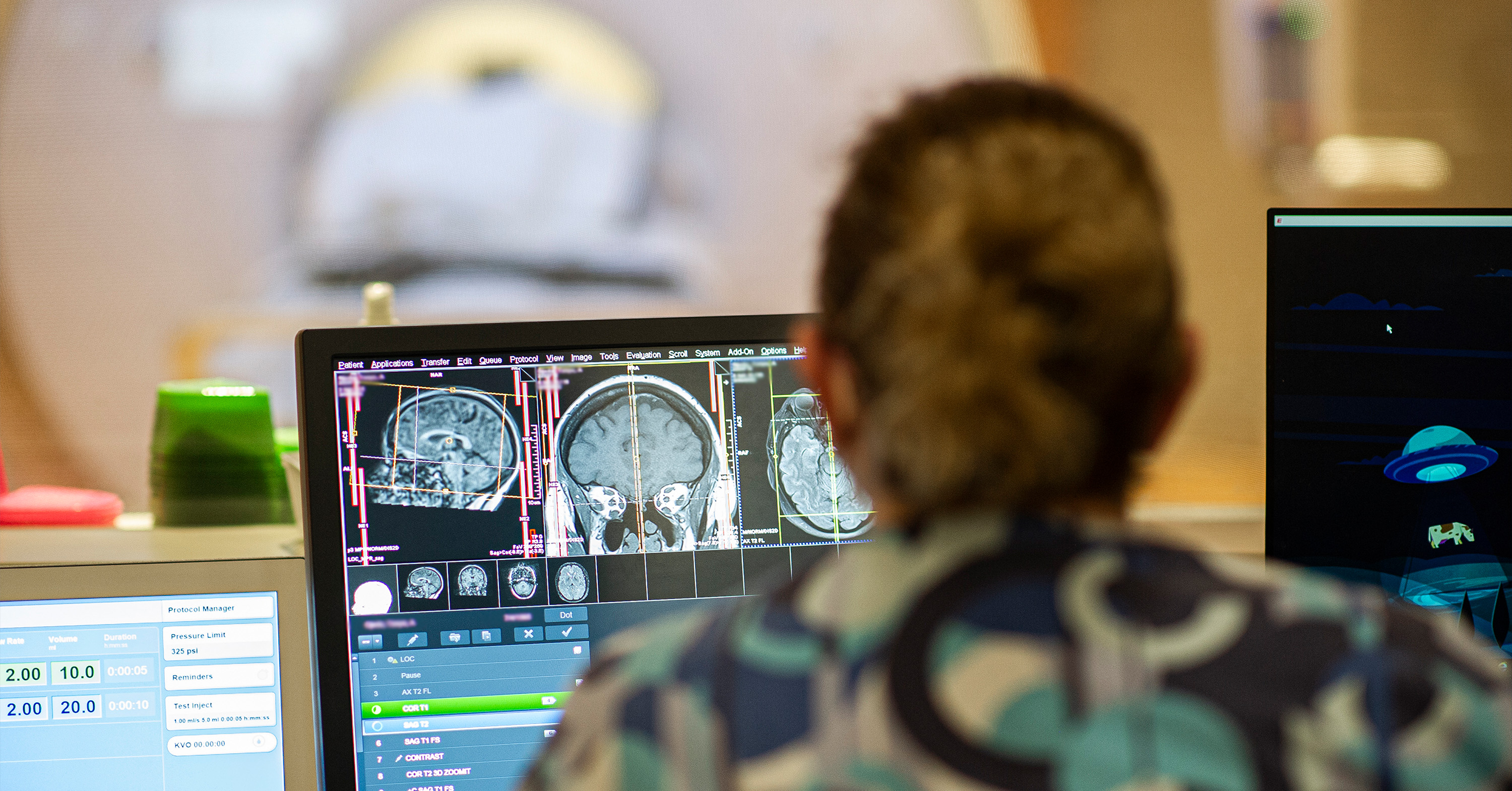Advocate Health today announced it’s partnering with Aidoc to expand the use of AI across its footprint to support faster diagnosis, earlier intervention and more connected care. Advocate Health, the nation’s third-largest nonprofit integrated health system, is using Aidoc’s aiOS platform to embed FDA-cleared AI algorithms into its clinical imaging workflows to improve awareness, accelerate decision-making and enhance patient outcomes.
“Advocate Health has established itself as a leader in deploying AI for health care administration. Through our AI investments, we’re redefining patient care, enhancing outcomes and accelerating time-to-treatment,” said Andy Crowder, chief digital and AI officer at Advocate Health. “When deployed at scale, these tools don’t just make health care more efficient — they make it more accurate.”
Advocate Health care teams at 22 sites in Wisconsin and North Carolina began integrating Aidoc’s imaging models into clinical workflows in October 2024. The initial rollout incorporated three Aidoc algorithms into Advocate Health's diagnostic imaging process, flagging for radiologists critical and immediate identification of pulmonary embolisms, incidental pulmonary embolisms and intracranial hemorrhages.
“After rigorously testing and evaluating AI in radiology, we have come to the firm conclusion that responsibly deployed imaging AI tools, with oversight from expertly trained human providers, are a best practice in the specialty,” said Dr. Christopher Whitlow, enterprise chair of radiology at Wake Forest University School of Medicine, the academic core of Advocate Health. “Whether you’re in a large city or a rural community, these technologies can help deliver diagnostic clarity and direction faster and more reliably than ever.”
Systemwide Transformation Through AI
With more than 8 million imaging studies performed annually across Advocate Health, the potential impact of using imaging AI at scale is significant. As deployment expands, the use of imaging AI is expected to enable:
- Faster notification and triage of both expected and unexpected urgent findings, leading to faster diagnosis and intervention;
- Increased awareness of subtle disease, expanding opportunities for early intervention;
- Reduction in wait times for outpatient imaging, easing backlogs and improving access to care;
- Enhanced awareness of suspected high-risk cases, resulting in more consistent, safer care pathways; and
- Improved workflow efficiency, helping reduce burnout and supporting recruitment in a high-demand specialty.
Based on internal modeling and early outcomes from a two-state pilot study, Advocate Health projects nearly 63,000 patients each year will benefit from faster prioritization and earlier diagnoses.
“This move sets a new bar for health care systems nationwide,” said Aidoc CEO Elad Walach. “It is a defining moment for how technology can strengthen care delivery at scale by delivering real value to clinicians, patients and entire health systems. It also shows that lasting transformation happens when innovation is guided by clinical excellence.”
Advocate Health’s imaging AI deployment will extend diagnostic support to a broader range of urgent conditions, including cervical spine fractures, rib fractures, pneumothorax, aortic dissection, abdominal free air and brain aneurysms. By expanding AI’s role across these critical diagnoses, more patients will receive the clarity and timely intervention they need most.
“AI advancements are completely rewriting the script,” said Dr. Jon Jennings, assistant medical director and chair of the AI and Technology Committee for the Imaging and Interventional Radiology Division at Aurora Health Care in Wisconsin, which is part of Advocate Health. “As a radiologist, advanced AI triage algorithms provide me with additional peace of mind that my patients will get scanned, diagnosed and treated more quickly than was ever possible before.”
Advocate Health plans to extend its use of Aidoc’s platform across all regions and service lines over the next few months. With this infrastructure in place, new capabilities can be continuously deployed, expanding across a range of conditions. This scalable approach allows Advocate Health to evolve care delivery in real time, ensuring more patients benefit as the technology advances and clinical complexity grows.
Media Contacts
MediaRelations@aah.org
Elizabeth Mortek, Aidoc
Elizabeth@inprela.com
